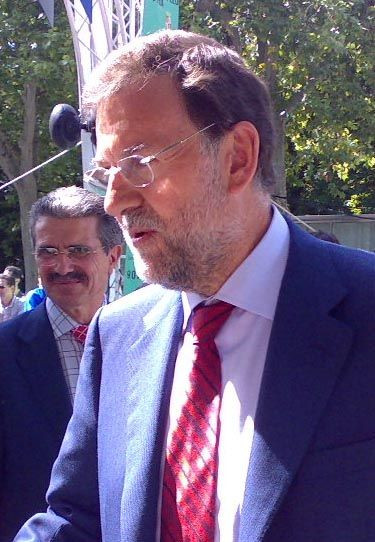
While a sluggish economy in the United States over the last five years has hampered job growth: American unemployment hovers around 9 percent, or double that figure if analysts count the number of discouraged workers, those that are jobless and have given up on future employment: There are currently over six million unemployed people in Spain.
Officials in Madrid, Spain, reported that the Spanish unemployment rate is 27.2 percent, meaning that more than one in four people in the Iberian country are out of work. The Wall Street Journal reported that some observers note the austerity measures in the European Union may be having a major effect on the country's economy. While the American economy grew a pitiful 0.4 percent in the last reported quarter, Spain's has actually shrunk 2 percent in the first quarter of 2013. More than 300,000 Spaniards have lost their jobs since New Years with seemingly no end in sight.
When the housing bubble burst in the United States at the end of the last decade following disputed claims by American politicians like former Rep. Barney Frank, D-Mass., that "Fannie [Mae] and Freddie [Mac] are" fine, the economy domestically went into turmoil. In similar fashion, the end of a housing boom in 2011 in Spain in-part caused values to shrink and investment to decrease in the Eurozone nation.
Prime Minister Mariano Rajoy, of the Peoples Party, a conservative party in Spain will release a reform plan to deal with the news. He followed Socialist Workers Party leader Jose Luis Zapatero, who left office in 2011. Rajoy won the election on his promise to improve the faltering economy. He has already instituted widespread state spending cuts to deal with the issue.
© 2025 Latin Times. All rights reserved. Do not reproduce without permission.




